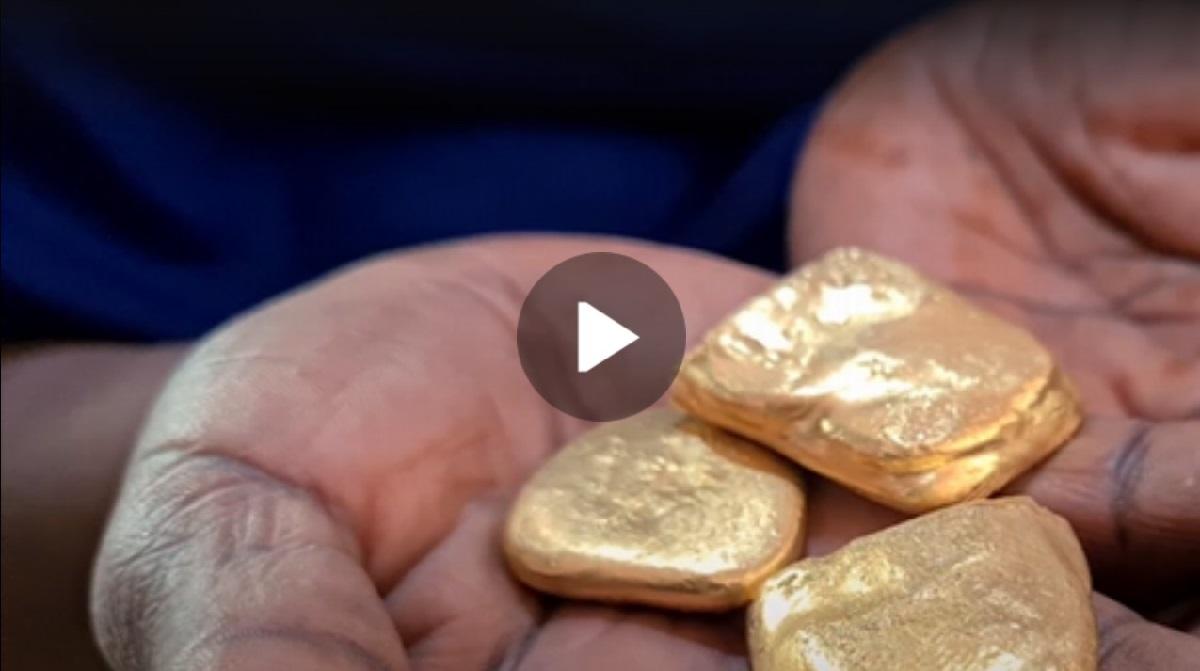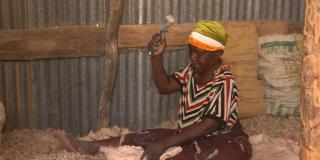
The Collective Action for Rights Realization in Extractive Industry (CLARITY) project supports women to access equitable opportunities in the poorest parts of the country.
When Asia Hussein was young, she would “exchange minerals for sweets”.
“We didn’t realise the value,” says the now 56-year-old. Today in Geita, in northwest Tanzania where she chairs Geita Women Miners Association (GEWOMA), one of the country’s only women’s miners groups, women stand to gain so much from the sector. But mining is taboo and out of reach for many.
“The biggest challenge women miners’ face is sexual abuse and discrimination,” says Asia.
The CLARITY project aims to support women to access equitable opportunities in the sector in Geita and Mara, two of the country’s most impoverished regions. A goal is also to address the challenges that exclude youth and people with disabilities from equally benefiting from the industry. The EU-funded initiative works with the government and mining companies to hold them to account and to protect these groups from mining’s impact.
CLARITY particularly supports people to achieve access to justice for human and environmental rights violations in the extractive sector by supporting them to so that they know about their rights. VSO also works with informal artisanal women miners to improve their working conditions. As a result of the project, child labour, a huge problem in the area, is now said to be banned in some mines, according to a conversation that emerged during a discussion by GEWOMA.
Pushing for green jobs and climate justice
With an emphasis on social accountability of big mines and the safety of women miners, CLARITY aims to help those moving out of the sector, promoting both green jobs and climate justice. The project works with volunteers to start a dialogue about other job opportunities for them. Working with environmental lawyers, CLARITY trains paralegals to support communities to access justice and raise awareness of environmental damage caused by mining.
Asia HusseinThere is a perception that women seeking opportunities in the mining sector are prostitutes.
Chair. Geita Women Miners Association (GEWOMA)
Through ongoing group and one-on-one training on mining and environmental law, social inclusion and gender from VSO, women miners have been able to report and follow up cases of violence with the gender desk of the local police. Other organisations such as the Lawyers’ Environmental Action Team (LEAT) and the Tanzanian Women Chamber of Commerce (TWCC) provide social and legal support.
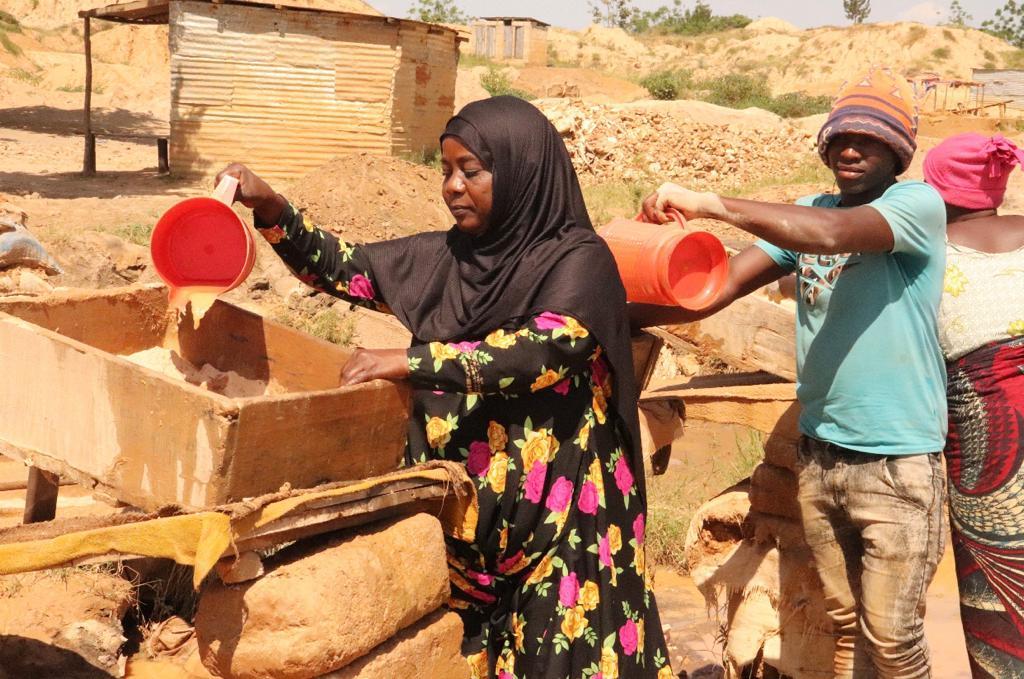
”Women are taken advantage of in the sector,” says Asia. “Men often prevent women access to some of the remaining minerals. But awareness around gender-based violence is increasing as we are receiving knowledge from various NGOs, one of them VSO."
Asia Hussein“Women are more aware of their rights and now know where to report violence or discrimination. CLARITY have supported us through training, which has contributed to the growth of our knowledge and awareness in running GEWOMA. I appreciate the support as now we have structured ways of working.”
Chair. Geita Women Miners Association (GEWOMA)
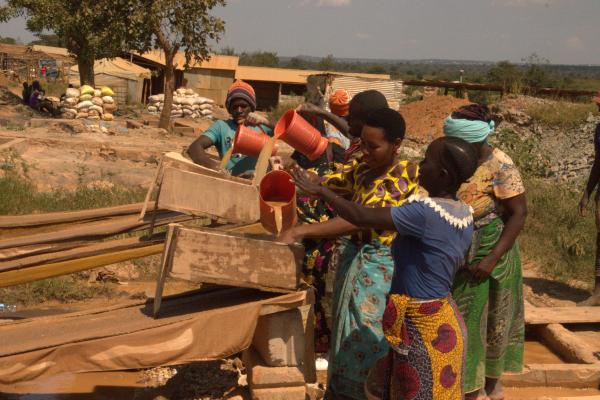
The CLARITY project is designed and implemented by VSO, the Lawyers’ Environmental Action Team and the Tanzanian Women Chamber of Commerce in Geita (Geita Municipal and District Council) and Mara (Butiama, Bunda and Tarime Districts) regions.
CLARITY in the media
Al Jazeera
Watch a short film from German broadcaster, Deutsche Welle, on how women are working for their share of Tanzania's mining gold.
Read more
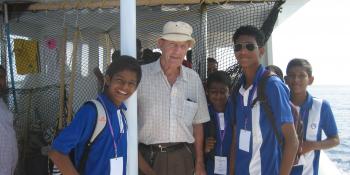
Transforming lives through education: Geoffrey’s VSO legacy
With a deep belief in the transformative power of education, Geoffrey from Norfolk, UK, has devoted his life both in the UK and abroad to making education more accessible for all.

